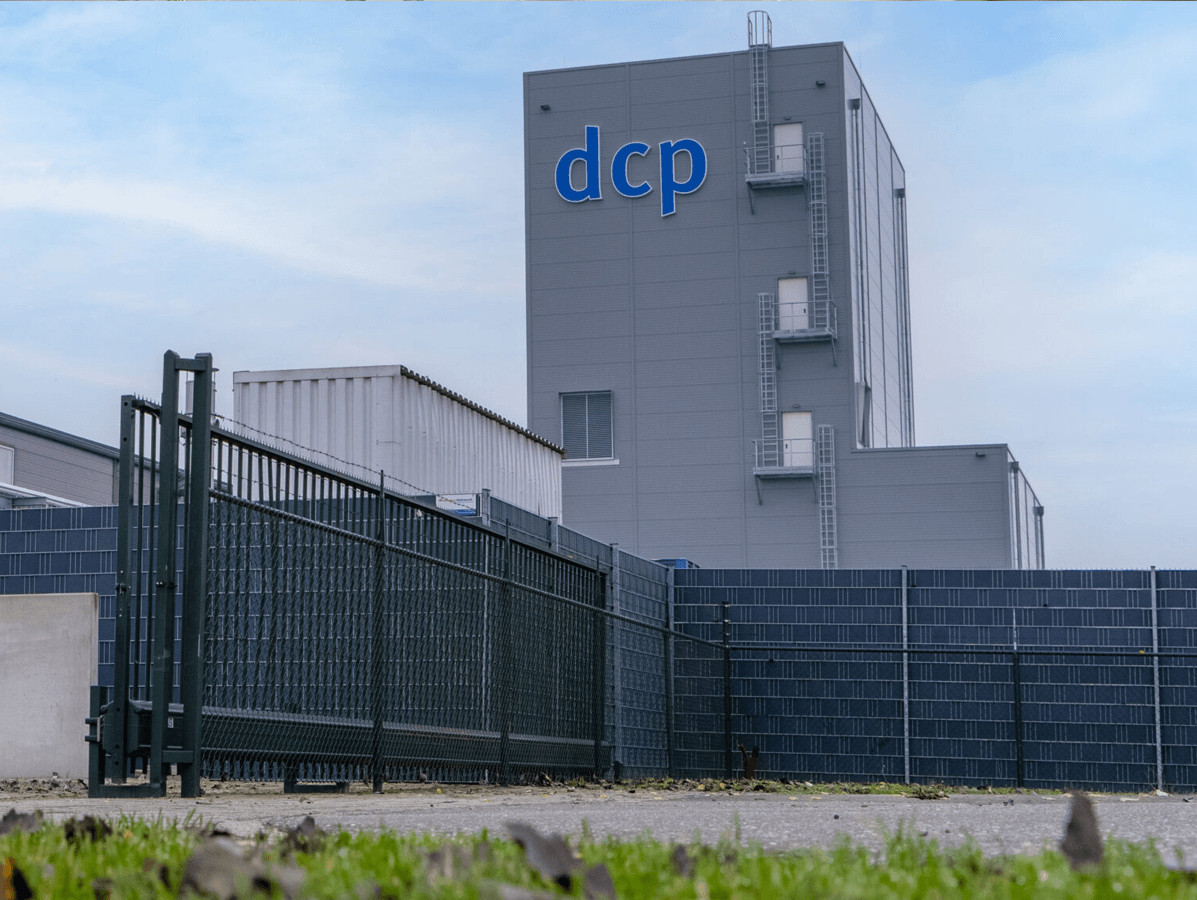
"We make the industrial ‘egg’ that binds, for example, ready-made hamburgers." explains Director Jacques ten Kate. The DCP factory uses residual flows from the meat industry as a raw material for their production process. From these animal proteins, collagen is extracted. This collagen product is used, amongst other things, in the food industry as a binding agent. DCP has found a lot of success. In just a decade, they have established themselves as a company with a turnover of millions, exporting to customers in over thirty countries across the globe.
In 2021, DCP commissioned a brand-new product line for the ‘nutraceutical’ – or health food-industry. They now also produce ingredients for food supplements, to be used in hospitals, fitness centres and more. “Why?” says Ten Kate. “Because we’re always looking for the highest added value. We have developed a new production method for this, with very low energy consumption.”
Ten Kate underlines that sustainability and cost-effectiveness in production are no longer conflicting factors. With the rising costs of fossil-fuel energy, and of CO2 emission charges, it is becoming increasingly logical for firms to move towards climate neutrality. For Jacques ten Kate, this is critical point for business leadership. Its innovative production system uses CO2 as a base for the acid required for their collagen products, instead of the standard nitric or hydrochloric acid. “We developed the process ourselves. The CO2 mineralizes to calcium carbonate. We use the acid to separate fat and protein into collagen.”
Currently, the required CO2 is supplied from Pernis, outside Rotterdam. That will change in the near future. Ten Kate’s vision is to use the CO2 from his factory chimney and thus kill two birds with one stone: No more emissions pumped into the environment, and no more CO2–transportation. That’s a win for the climate, and a win for the balance sheet.
Source: Chemport Europe